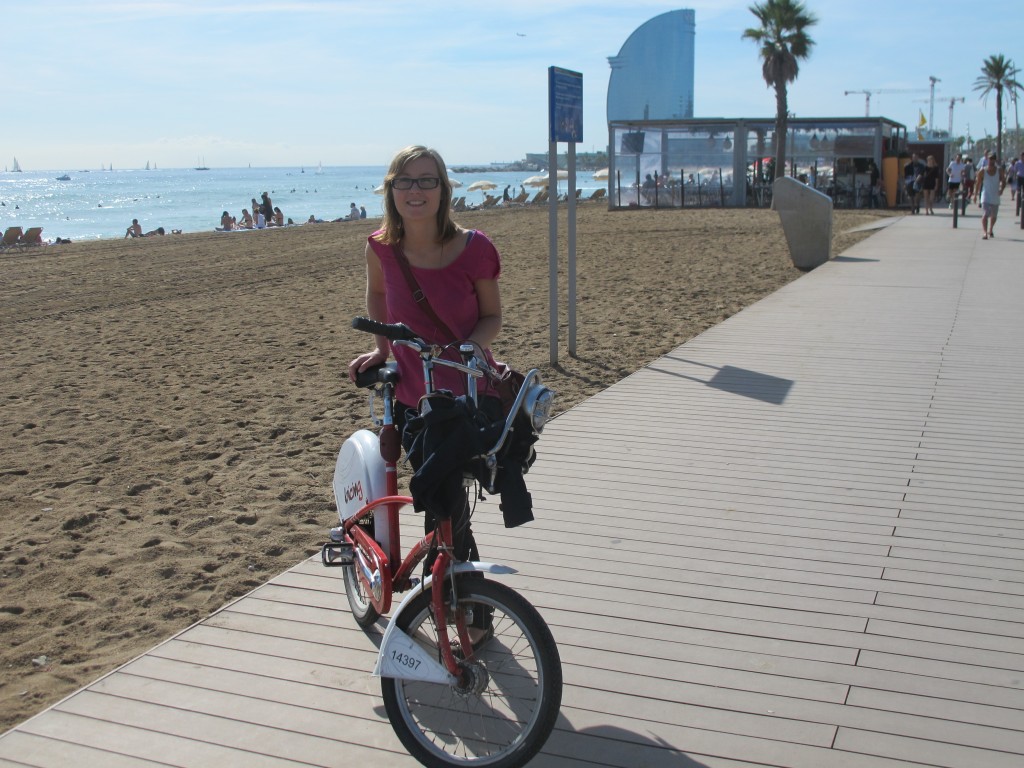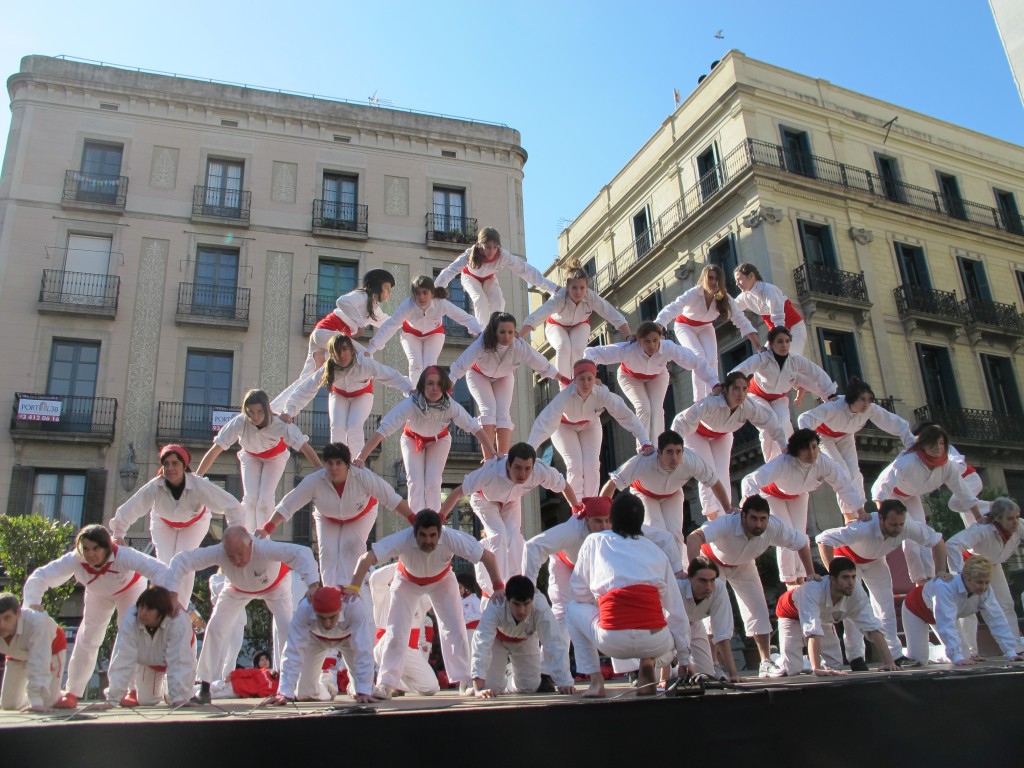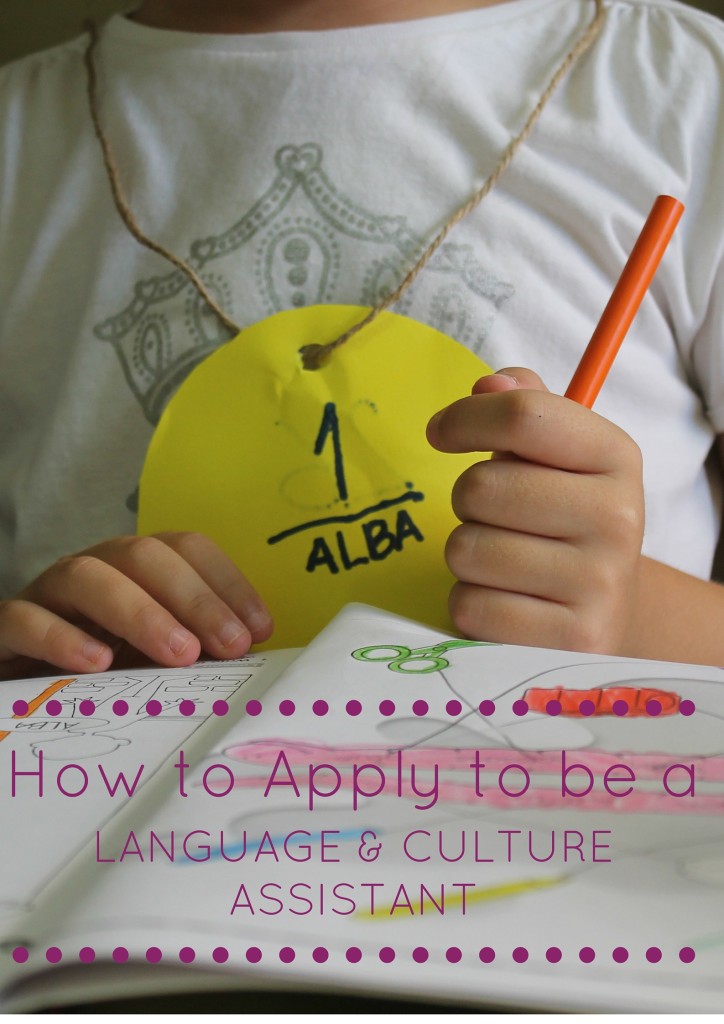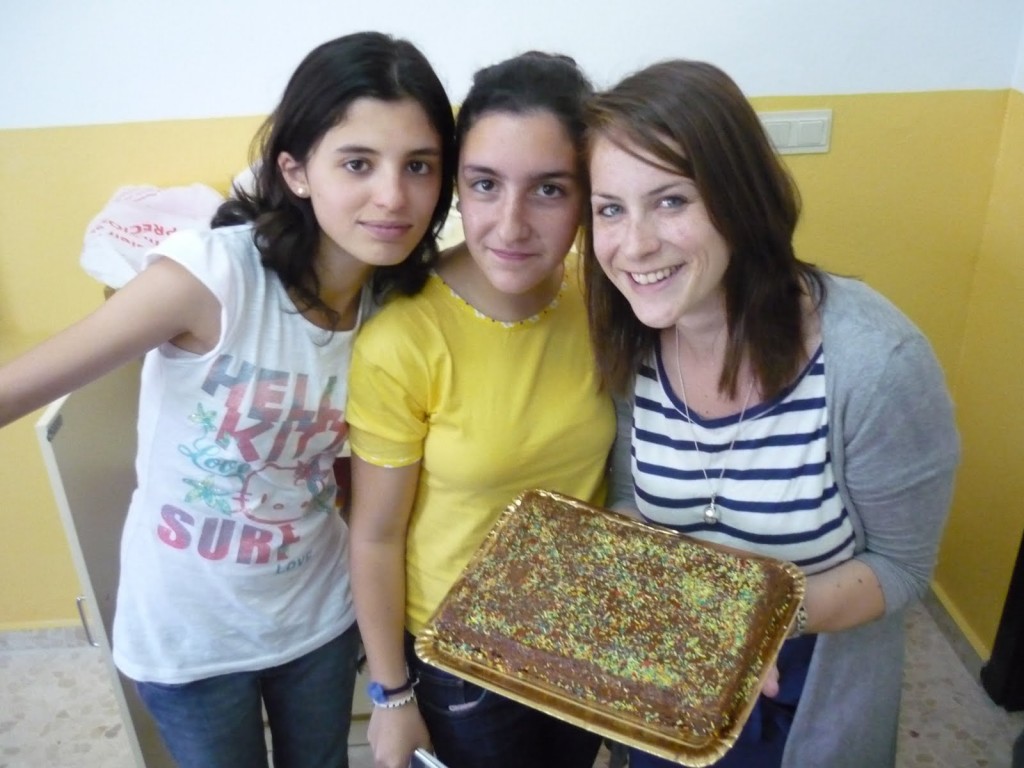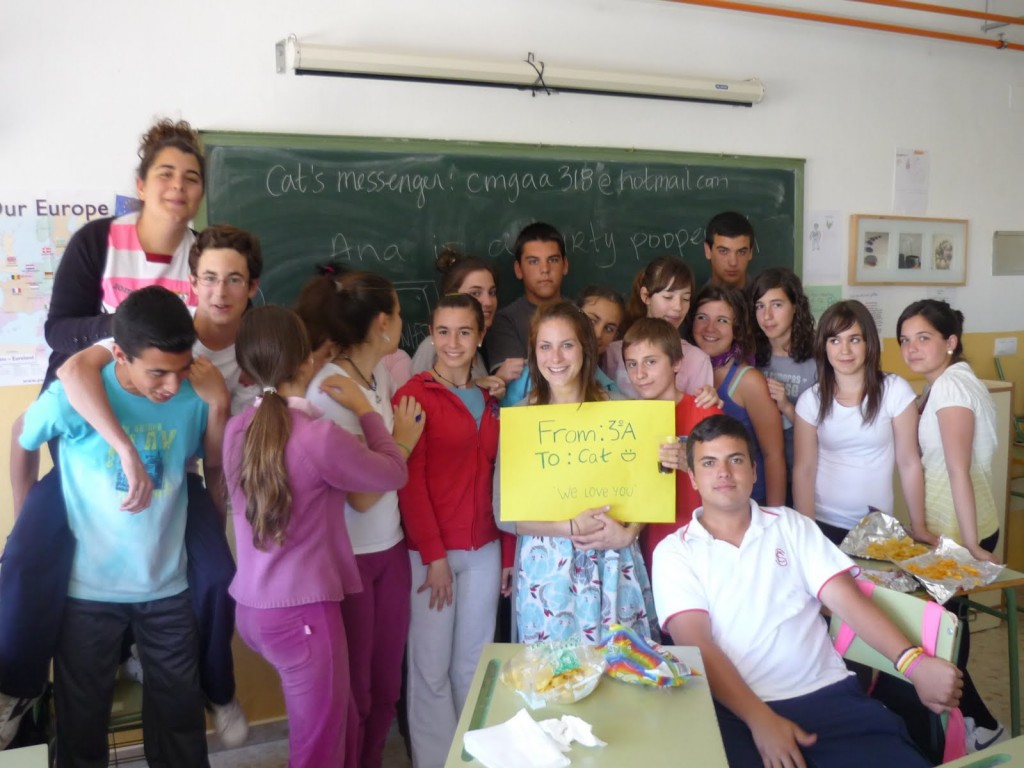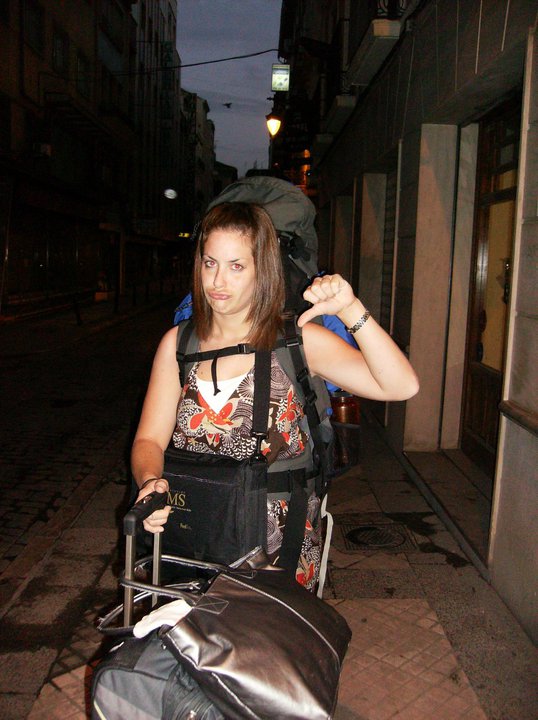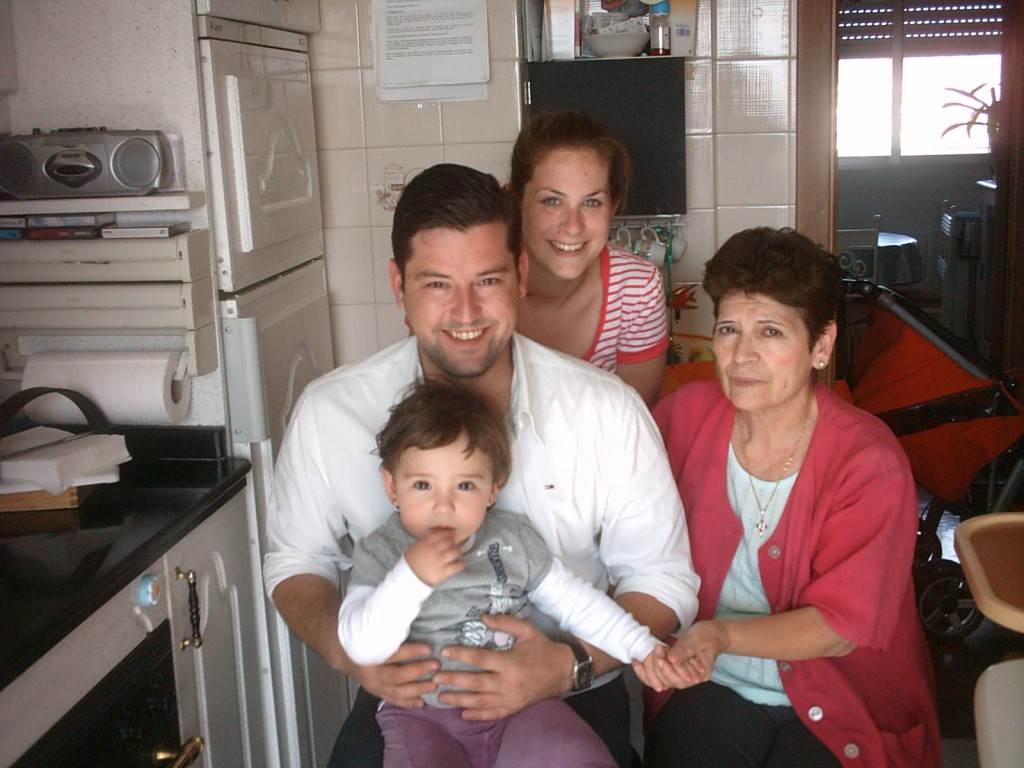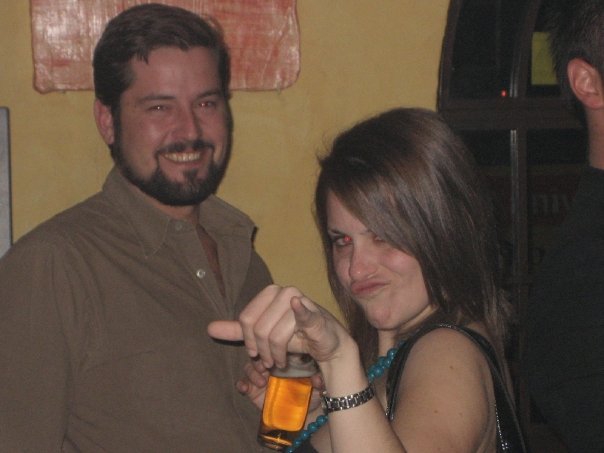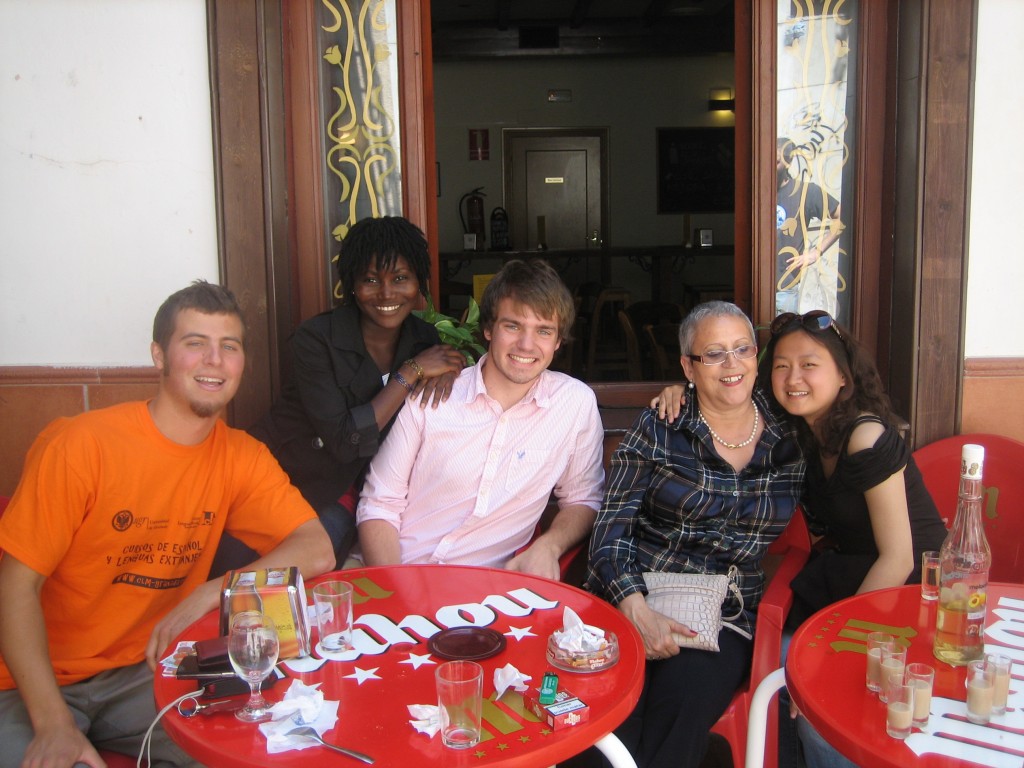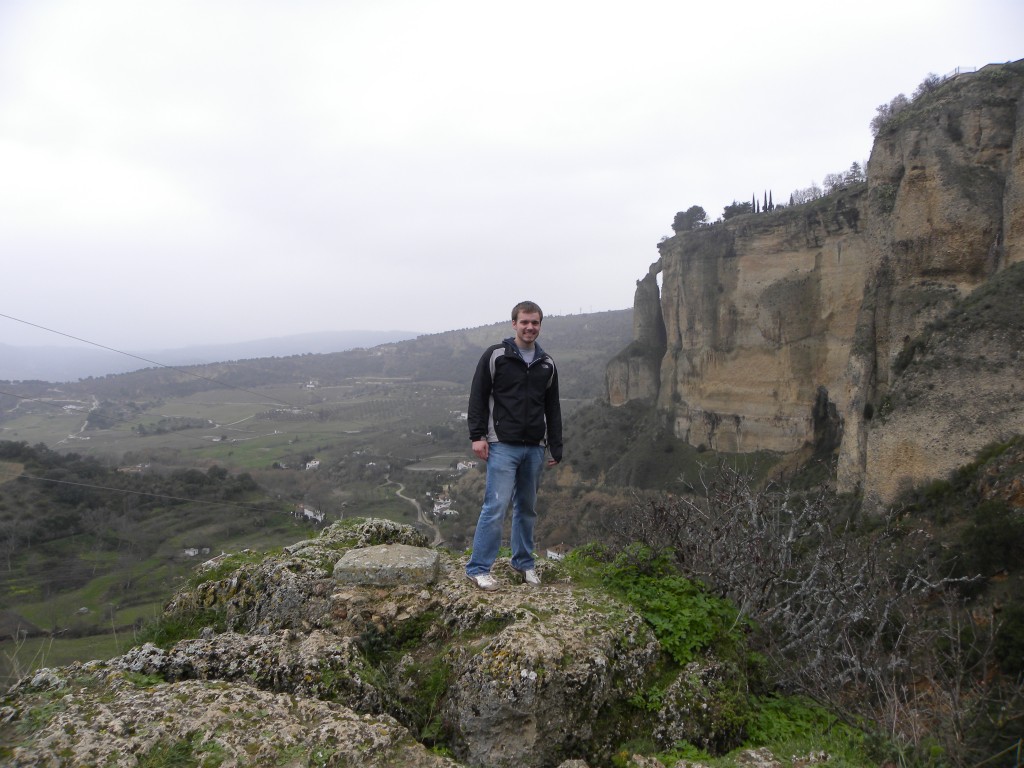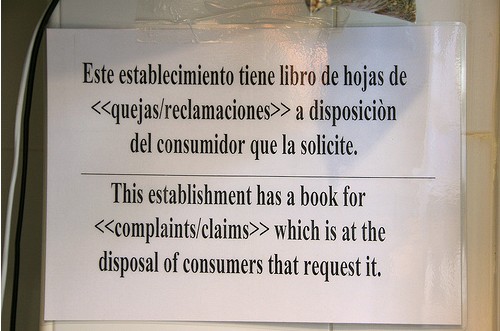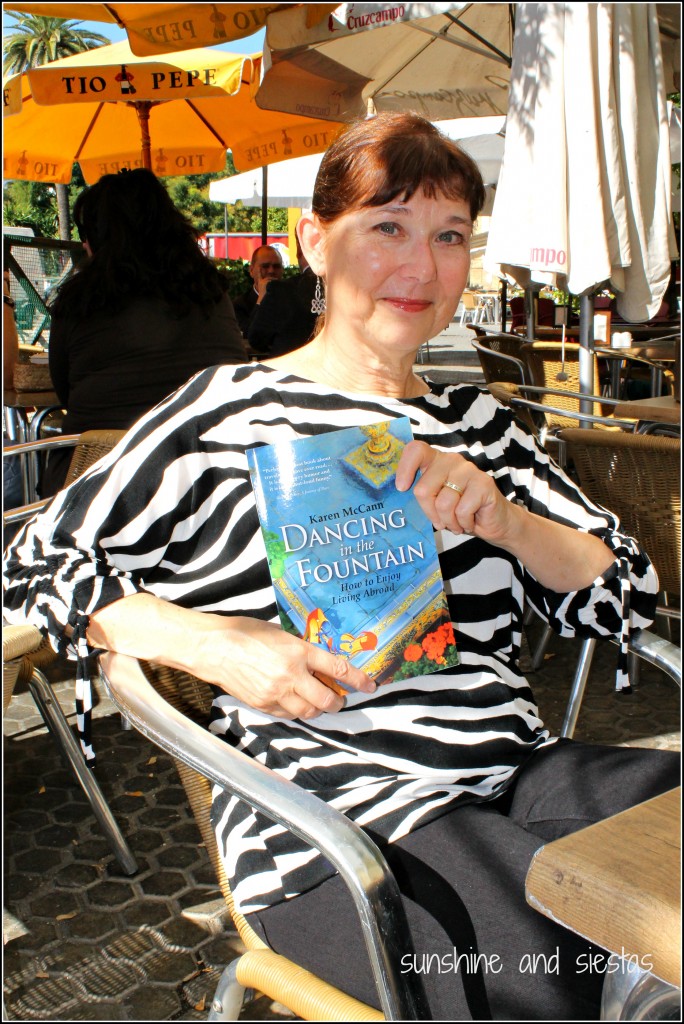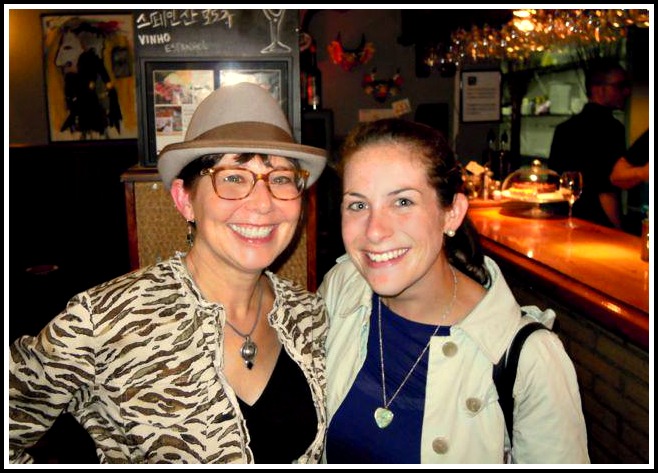After I confessed that Spain’s cosmopolitan Barcelona – a city on nearly every traveler’s itinerary, I was shocked to discover that I wasn’t alone in feeling iffy about it. Even friends of mine who have called Barna home have admitted that the city is a bit sketchy, that it’s hard to navigate and that it took a while for it to grow on them. Upon publishing what has been my most controversial post, Aga of Aga Nuno Somewhere offered to write a counter post about what’s to love about the sprawling city. Her story:
Barcelona was the first Spanish city that I visited. Maybe that is why I have such a soft spot for it? I remember walking the first time around Passeig de Gràcia and admiring Gaudí’s masterpieces and how intimidated I felt when being surrounded by thousands of tourist on la Rambla. During my first visit I was only a tourist, but then came back to Spain for my Erasmus exchange and spent a whole year in a small Catalan town Lleida. I took every opportunity I could to travel to Barcelona, which is only 90 minutes away.
I love big cities, the hustle and bustle of a metropolis, and Barcelona had all I ever needed – sun, beach, beautiful monuments, calmer districts like Gràcia. I secretly dreamt of living there. Little did I know that I would actually move there with my boyfriend for two years. And as much as I like the city, I must admit it was not as great as I would have wanted.
Barcelona is expensive, finding a flat is a nightmare (we actually had to fight in court to get our 1500€ deposit back from the first landlord), Catalans are not really friendly when it comes to service and it is really hard to get to know them. As my boyfriend used to say: in winter they all go skiing to Andorra, in summer they all go to their beach houses on Costa Brava. When you actually live in the city that always appears on a list of top destination to travel in Europe, all those tourists who come to visit start to annoy you… But I still loved being able to say: Oh, I live in Barcelona.
I discovered some great places to eat, as I am a foodie, so I tend to look for nice bars or restaurants everywhere I go. But unfortunately I have to admit that when comparing it to other Spanish cities, when it comes to food, Barcelona is falling far behind Madrid or Andalucía. You really must know where to go, otherwise you end up in some pintxo chain or paying a fortune for simple tapas and sangria.
I love street art, so every walk around Barcelona was exciting: I never knew what was waiting for me around the corner! And all of those Catalan traditions that I discovered during the fiestas: castellers (human towers), correfoc (parade with fire) or calcotada (eating grilled calcots – a kind of sweet onion). I had my calendar full of all the city fiestas – la Merce (the Patroness of the city), fiestas de Gràcia and some other neighborhoods.
I also travelled a lot around the region, to lovely Sitges, Montserrat, Dali’s Triangle and Costa Brava. But even if you live in Barcelona for a long time, there is always something new to do, somewhere to go and discover, or simply sit in a chiringuito on the beach with a cold beer (or the winter version: drink in a vermutería– small local bar that serves homemade vermouth).
I really like Barcelona and had my favourite spots there, but then understand that not everyone falls under the spell of Ciudad Condal, especially when spending there only few days and just being a guiri.
Aga writes in Polish and English about her travels throughout Europe with her boyfriend, Nuno, on Aga Nuno Somewhere. Currently residing in Ireland, you can find her on twitter at https://twitter.com/AgaNunoBlog.
